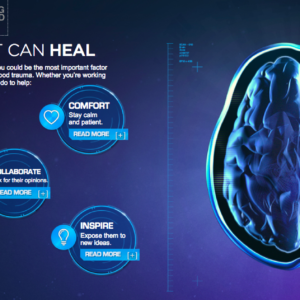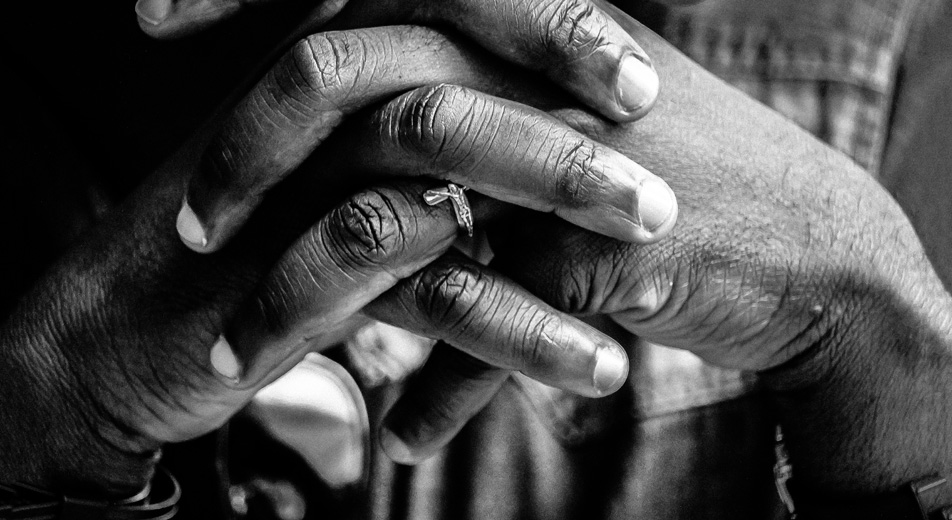I wanted to address an issue that I heard repeatedly at the conference; one that has also been brought directly to me from FHO readers–injury documentation. There was a session in Denver where it was the focus, and before I go into the heart of things I want to start with this–this post is solely intended to add to the discourse, since that’s what helps move the profession forward.
Now, I was not in the session, but I heard from so many people who were there, I feel confident that I am accurately reflecting at least a bit of what has people talking: the notion that we shouldn’t document blood, but rather red fluid (or something to that effect), and we should not document bruise, but simply discoloration, and an appropriate descriptor. The reasons appear to stem from a cross-examination experience at a trial, where a nurse couldn’t speak to how she definitively knew blood was blood, and presumably, the same was true of the bruise (if I have any of this wrong, please correct me). Were I in this session, it’s possible I would have agreed with everything else the presenter said, but on these two points let me offer this:
1. We are clinicians, and as such, we assess patients. But we have to be able to describe the knowledge base that informs our capacity to do so. I feel fairly confident in my ability to identify blood–from its feel, its source (such as a wound out of which it is flowing); the way it appears after it has dried; the accompanying clinical signs, symptoms or history that support its positive identification, such as wounds, or pain, or a report of a traumatic event. You get where I’m going with this. I would question a clinician’s ability to definitively identify bleeding in the vaginal vault as menstrual blood, perhaps, but I wouldn’t challenge the blood part of it. Just the nature of that blood. The same is true for bruises: in general, I have been assessing them my whole career and I know what one looks like, that it is generally tender with palpation, often accompanied by a history of trauma, etc. The exception to that is when it’s the cervix–then I will call it discoloration, because many things can give the appearance of a bruise, but until I have the ability to assess the cervix on follow up, one of the things I can’t rule out is the possibility that that discoloration is normal for that woman.
2. I generally try and remain consistent in how I assess and document patients. Which means if I would use the terminology with other patient populations (read: primary care), I wouldn’t change it for the forensic one. I implement the same nursing process no matter the patient population, only the chief complaint and some of the tools and forms I use differ. The approach is generally consistent. I use blood and bruise for other types of patients; I’m probably going to use it for this patient population, too.
3. Perhaps one of the most important points: a tough cross-examination is not enough of a reason to change practice, but instead an opportunity to identify problems with your response. A nurse who can’t articulate why she knows something is blood shouldn’t just stop identifying blood, but get better at describing the information that supports its identification as such. This is true for much of what we do–there will be times when some aspect of our practice subjects us to pain on the stand, but most of the time, the 1st step should be to do the post-game analysis and see where we need to get better at our explanations rather than simply changing practice based on that single experience.
I’m certainly interested in people’s thoughts on this. There’s no single answer, so we can respectfully disagree. But if you do disagree, please help me understand where our opinions diverge so that all of us can engage in more thoughtful and constructive debate.
















